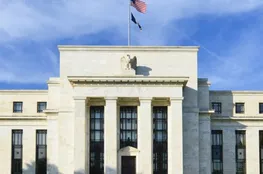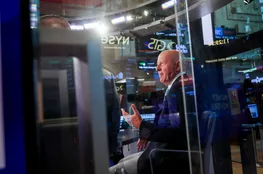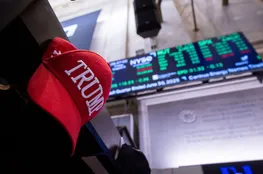Recent developments have kept the global oil markets on edge, as geopolitical tensions and economic stimuli play pivotal roles in shaping oil prices. As the week began, oil prices experienced a downturn following an underwhelming financial stimulus from China and the ongoing analysis of Trump's re-election for a second term in the White House. China's legislative body approved a significant financial package intended to alleviate local government debts, but the absence of new fiscal stimulus for the slowing Chinese economy has left markets unimpressed.
According to Stephen Innes from SPI Asset Management, the lack of robust economic support dampened market sentiments, impacting oil prices. Brent crude for January delivery fell to $72.11 per barrel by early Tuesday afternoon, a noticeable drop from its recent peak of $75.97 witnessed last Thursday, right after the U.S. presidential elections. While Trump's victory has temporarily shifted global focus away from the Middle East, the region remains engulfed in conflict. Recent violence includes Israeli strikes on Lebanon and Gaza, resulting in over 23 fatalities, sparking demands from Saudi Arabia's Crown Prince Mohammed bin Salman for Israel to cease military operations.
Concerns loom large over Trump's administration's potential hardline stance on Middle Eastern affairs, particularly against Iran, given his previous 'maximum pressure' campaign. Iran remains wary, urging a reevaluation of such hostile policies. Beyond the political sphere, economic repercussions for countries like India could ensue. India's strategic location and reliance on oil imports through maritime routes like the Strait of Hormuz and the Malacca Strait underscore its vulnerability. These straits are crucial to global energy stability, with the Strait of Hormuz alone funneling a significant portion of global oil and natural gas. Any disruption in this vital corridor can lead to skyrocketing shipping costs and ultimately oil prices.
As India imports nearly half of its crude from the Middle East, including major suppliers like Iraq and Saudi Arabia, any hindrance could compel the government to redirect resources from vital infrastructure projects to cope with increased fuel subsidies. Moreover, according to a Morgan Stanley report, a $10 increase per barrel could amplify India's Consumer Price Index by 0.5 percentage points. Clearview Energy Partners projects additional spikes if geopolitical stand-offs worsen, such as potential blockades in Hormuz or military action against Iranian facilities.
Amidst this backdrop, Iran's strategic positioning along the Strait poses a latent threat. The IRGC's capabilities raise fears of potential blockades, which could have severe ramifications on international oil flow. As Israel contemplates Iran's strategic ambitions in their regional skirmishes, the dynamics remain volatile, making the Middle East a perpetual factor in influencing oil market equilibrium.
























